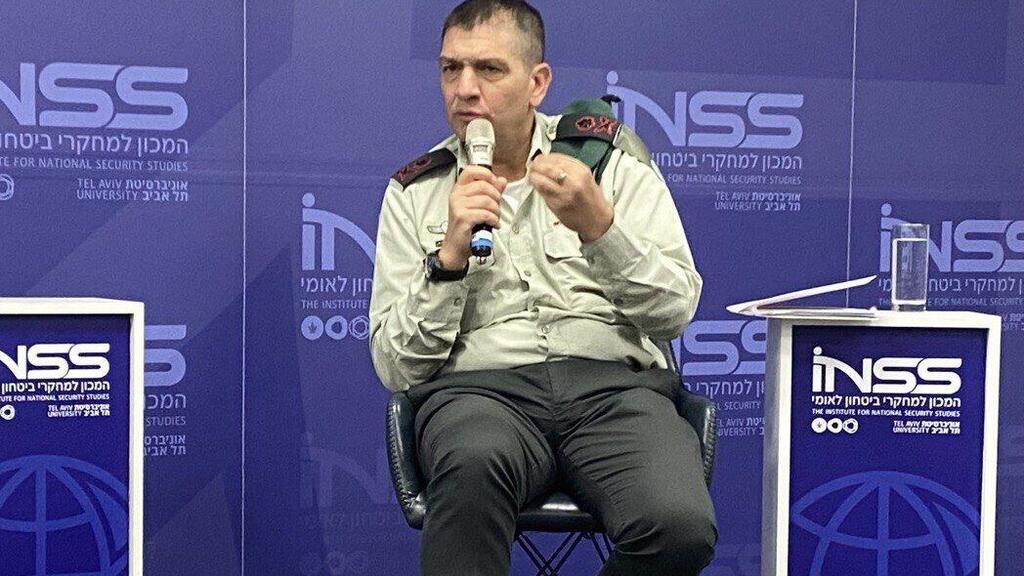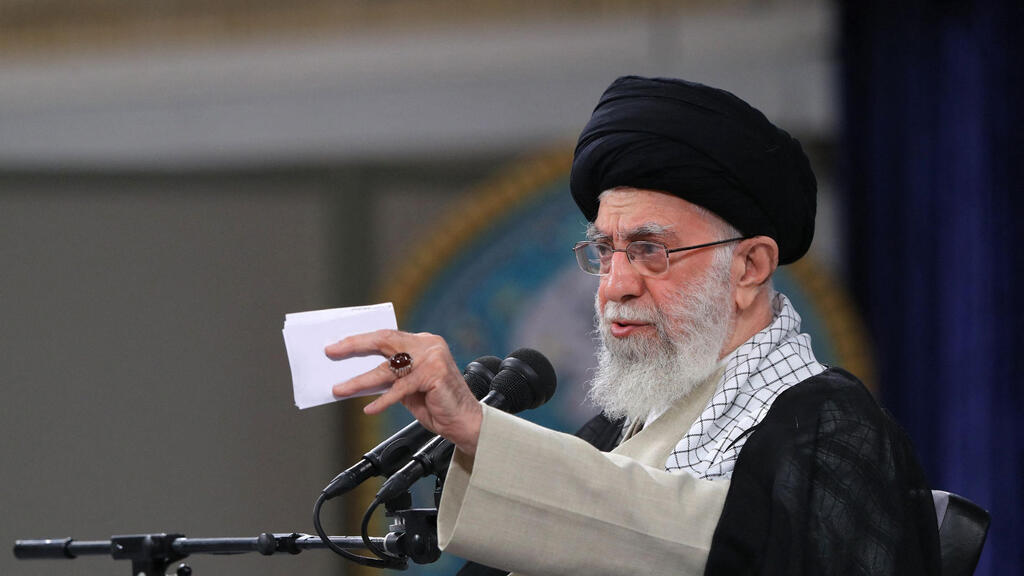Getting your Trinity Audio player ready...
Israel's military intelligence chief said on Monday that protests rocking Iran were beginning to resemble a popular uprising, but he sees "no real danger" to the survival of the regime at this time.
The nationwide protests, which were sparked by the death of 22-year-old Iranian Kurdish woman Mahsa Amini in September in the custody of morality police, have been at their most intense in the areas where the majority of Iran's 10 million Kurds live.
Israel, which is locked in a decades-old Cold War-like conflict with Iran, has been watching developments even as it seeks to persuade world powers to toughen up diplomacy meant to curb its arch-enemy's disputed nuclear program.
"I think the protests have already shifted, to a degree, to the realm of a popular uprising," Major-General Aharon Haliva, chief of Israeli military intelligence, told Tel Aviv University's Institute for National Security Studies.
"When you look at some of the incidents, even the hours at which they are taking place, the damage to national institutions, to symbols of the state, at the number of fatalities, there is something different happening here that is greatly troubling the regime."
"At this point in time I see no real danger to the regime," he added, but cautioned that "prophecy, in the context of the conduct of societies, is not something that is up to the chief of military intelligence, good though he might be".



